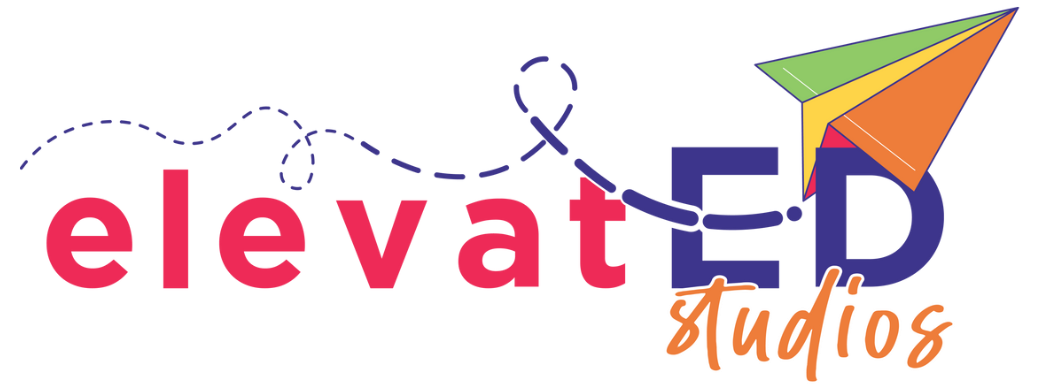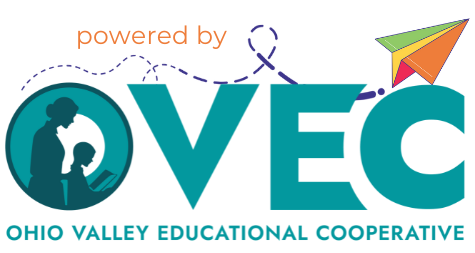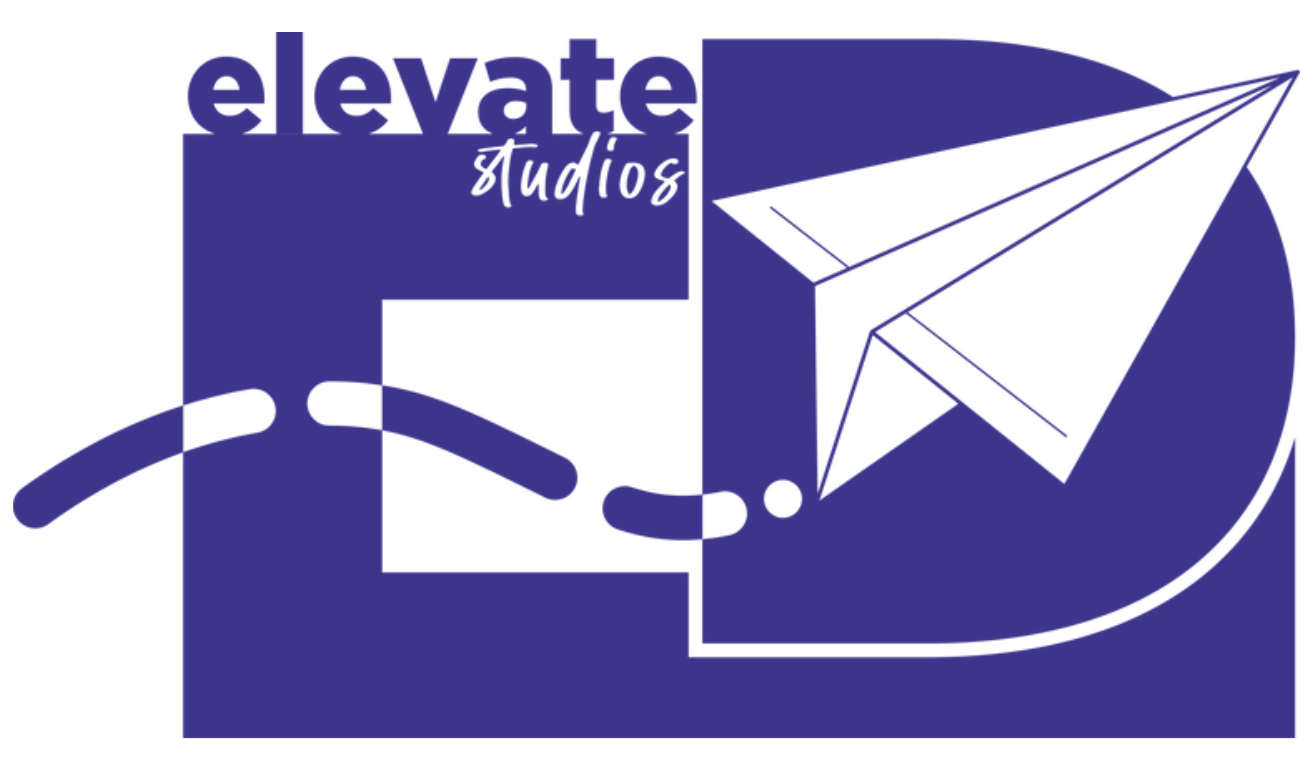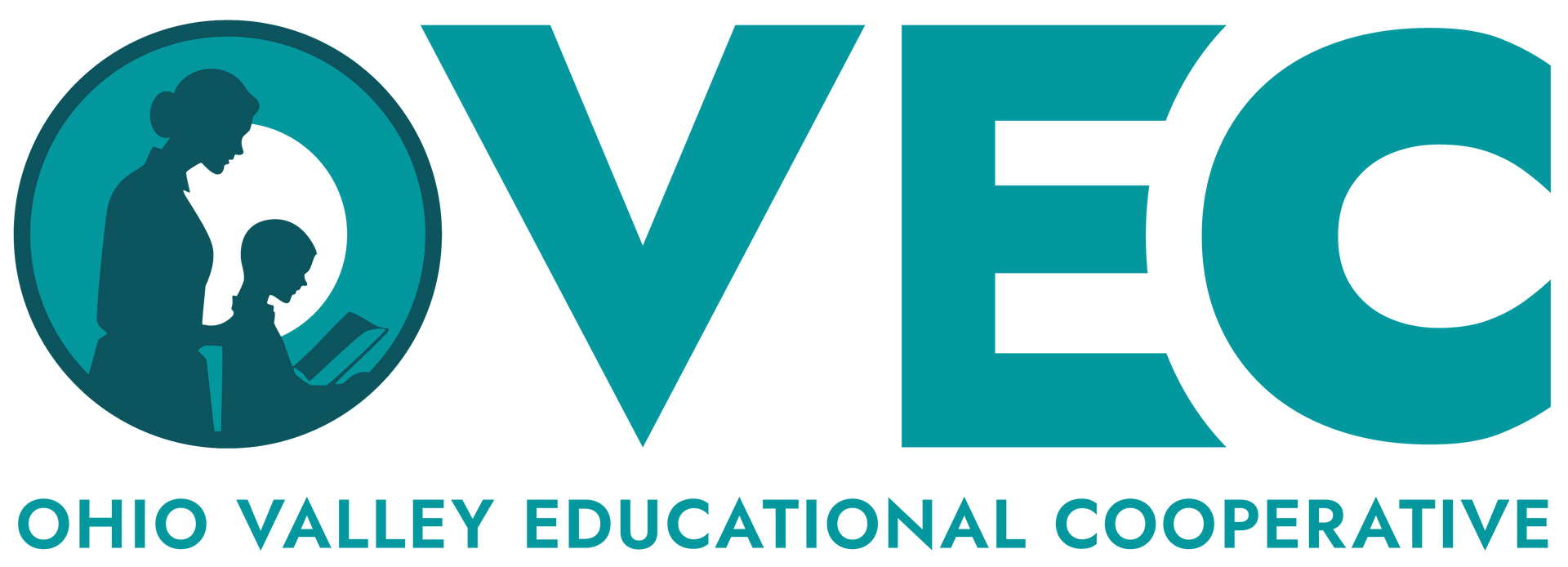Experience First, Formalize Later: Math Outside the Fluorescent Box
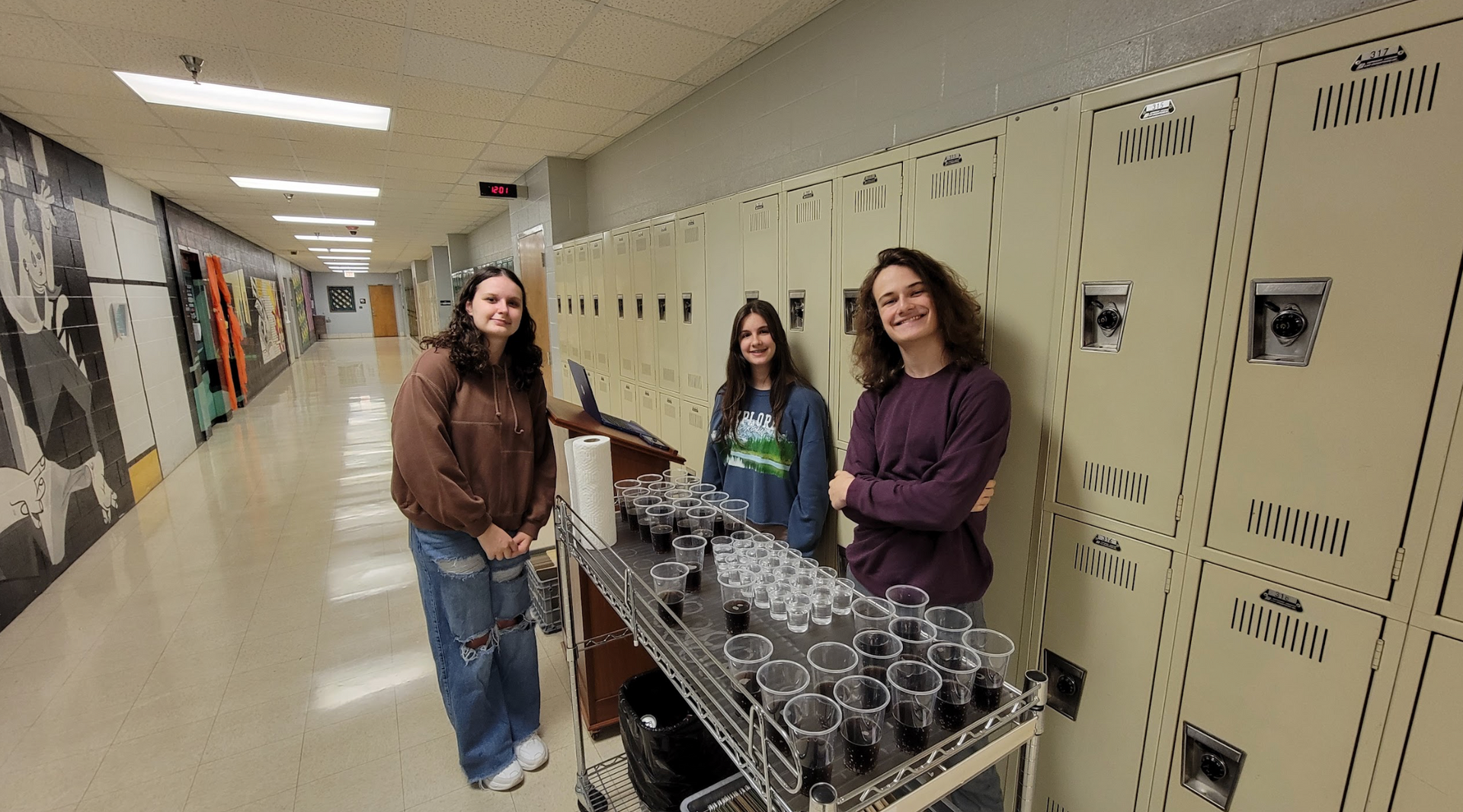
When you think of one of the most inspiring, meaningful courses in school, you would be forgiven if Stats II was not one of the classes that comes to mind. But in South Oldham High School, you would be wrong.
During our visit, we were first put to work in a blind taste-testing of Pepsi versus Coke. As the students shared our results, their curiosity was evident beyond reciting some numbers on a page. They asked questions like: “Do people pick two cups as the same product because of the way the cups are placed in front of the tester?” “If people like Pepsi more than Coke in the taste test, is it because they prefer its sweet taste more in small doses but would feel differently if they drank from a larger cup?” “Does age play a role in the results?”
Other student-initiated projects in Jones’ class have involved investigations such as the density of restaurants amongst certain local zip codes and attaching rubber bands to Barbies, throwing
them off a bleacher, and seeing just how close their heads could come to hitting the ground without actually doing so. Choosing two rubber bands versus three or four came with calculated cost, but even more than coming up with a “linear regression model,” the students’ enthusiasm for trial and error via messy critical thinking was evident.
Risking a mess and having a teacher let go of total control seems to be the point. As one student reflected, “learning, and to be human, is to change. And if you're not changing, you're not growing. This class specifically I think teaches us how to both be flexible and how to know what to expect in a sense.”
“When you think about just regular math class,” one student lamented, “it's a lesson preparing for a test, taking a test, then starting something new. You're just kind of thinking, where does this math really apply or what does it apply to? So when you're in this class, you think about how it can actually relate to outside of school.”
From Barbie Bungee to deep conversations about what it means to really learn, Laura Jones’ class demonstrates the results of empowering students to pursue interests and explore real-world issues.
How Jones is transforming the student experience
Laura Jones is a National Board Certified 23 year veteran of math instruction at South Oldham High School. For nearly two decades, her teaching would be what you might call traditional – a demonstration of a new math concept at the board, students working individually on practice problems, students studying for a summative assessment, taking the quiz, rinse and repeat. But Jones has transformed the culture and curriculum of her classroom with a couple of key levers.
The first is to build up relationships with her students. “I have learned that a strong sense of community is vital to student learning,” Jones reflected. “Students must feel comfortable in the classroom. When strong relationships are formed, students ask more questions, are more willing to share their work because they are not afraid to make mistakes and will ultimately learn material at a higher level when they have a sense of belonging to a community.”
Inspired by her father, who wrote words of gratitude to many people in his life before passing away, she began writing handwritten notes as a ritual every Thursday afternoon. Jones picks one student from each of her six classes, and in her note, thanks them “for their hard work, and I mention specific things I noticed about their efforts in class.”
The note writing ritual has made Jones see more of the simple gestures of students supporting their peers: classmates who not only grab a calculator for themselves but for the rest of their group, a student who gives some unprompted encouraging words to another. “Before writing the notes,” Jones explained, “I missed a lot of this because I was focused mostly on content and not enough on community. Even though I must address problems that come up, I don’t dwell on them. Instead, I look for improvements that struggling students are making in my class.”
This investment is noticed by students, too. As one student remarked, “This class feels a lot closer than some of my other classes. Some of them are really quiet. In this class, you’re never made to feel bad about failing. Failing is a good thing.”
Complimenting that focus on relationships, Mrs. Jones also had a shift in mindset. Jones used Stats Medic, and after finding success, also brought in Math Medic. More important than any particular lesson plan, however, was how its mantra for math transformed her teaching: “Experience first, formalize later.”
In a typical scenario, class begins with students working collaboratively in small groups around the room to solve a problem. There is a culture of risk and innovation as each group may come up with somewhat unique solutions. No formulaic plug and chug here! Afterwards, Jones has students break out colored markers and walks them through annotating various steps of the solution – “See what you did there? That’s called a correction factor” – and only then does she break out “the law of cosines.”
The shift toward mathematical inquiry has even influenced the way she grades. For example, in her AP Statistics class, she still assesses a student response on the AP scale of 1 to 9; however, all students receive a 10 points out of 10 for their effort. The emphasis is on the learning, not the score, and the approach has had a quantitative payoff: she has seen the first unit summative test average score rise from a 70% to an 86%.
The students of Stats II clearly appreciate the effort. As one student put it, “I would always describe the feeling of other classes as ‘trapped,’ like being trapped in a building because you know, school is kind of like a fluorescent box. But sometimes when you're actually able to think, it makes it feel like you're there to learn instead of you're there to just be.”
Another summed up our reflective conversation well: “Right now we're talking about math but it doesn't feel like we're talking about math. We're talking about life, but we're also talking about how Stats ties back into it. And that's what really makes this class unique because it's not just stat skills, it's life skills.”
How to get started
Jones’ practices illuminate some simple shifts that worked for her as she began to pivot her own instruction: make it collaborative, provide choice, and begin with a challenge.
She also suggests there's power to the ‘slow and steady’ approach. When attempting some substantial instructional change, try it with just one unit first. Choose the unit you like the least – perhaps it feels like a bit of a slog to get through – or the one with the content you see students struggle with the most. Reflect afterward on what went well and what you would do differently.
There is a needed balance between tight and loose classroom structures, between intentionality and a willingness to see where a tangent takes you, between one less rubberband not letting students stretch out to their academic challenge point and one more rubberband causing an academic concussion. But on that admittedly tricky tightrope, Laura Jones is cooking with gas. “When I was a new teacher, I was always taught to over plan. And now I really try to under plan. But also I feel like because I am an expert at my content, I know it a lot better than I did before. So I can throw out things and I can improvise. But I think when you under plan, you let kids have more time to let things marinate.”
Finley, a student in the class, gave succinct advice to teachers looking to transform the student experience: “First, you have to commit yourself to it.” Embrace the silly and the fun, right up to “the line of cringey.” It creates an atmosphere of academic and relational vulnerability that allows others to, metaphorically speaking, jump off their bleachers with the trust that a Laura Jones won’t let them bonk themselves on the head.
Simple Shift Call-Outs
- Making learning more collaborative Students working together through a problem or a formative quiz creates a lower individual risk of “getting it wrong,” and they can learn solution strategies from each other at least as much as they can learn from the teacher.
- Provide choice to spark curiosity One way Jones brings choice to life in her classroom is a ‘Project Menu’ where students can select from a variety of projects or even suggest one of their own. This structure sparked student interest and ownership in their work.
- Begin with a challenge Rather than front-loading, providing direct instruction, students discover the math - and the need for it - through starting with a challenge. Students might be asked, for example, how they might share a group cell phone plan with each person paying an equal amount. Ultimately, this leads to an introduction of rational functions. Jones especially likes Math Medic, as the resource is designed to do exactly this.
